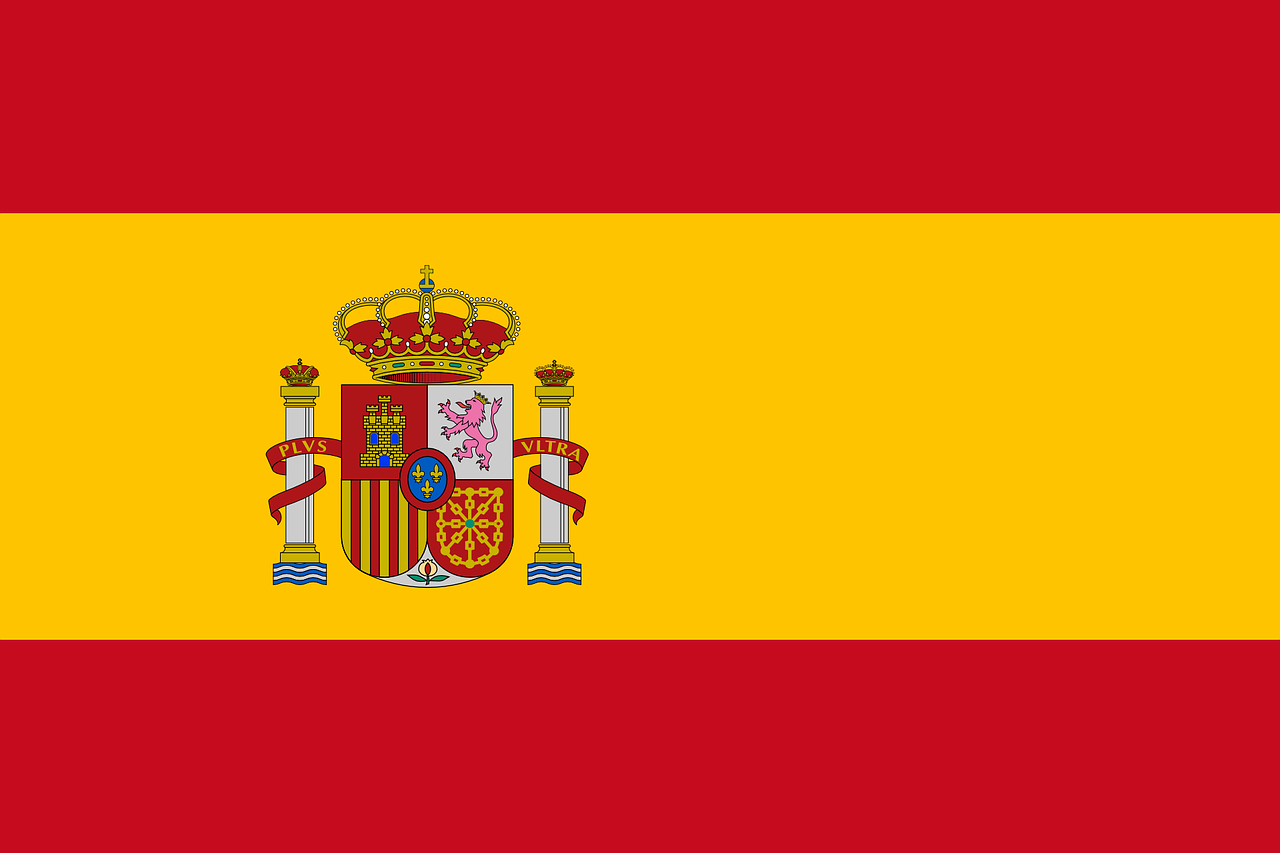Ever jumped in a pool and yelled, “Brrr! That’s way too cold!”, or stepped in and thought, “Ugh, this feels kinda like bathwater”?
Yeah, we’ve all been there.
Pool water can feel really good. Or really not. It kinda depends on the temperature. If it’s too cold, your body freezes up. Too hot, and you just feel tired. That’s why finding the “just right” water is such a big deal.

Why Pool Temperature Matters
Okay, so here’s the thing. If your pool’s cold below 70 degrees, your body doesn’t love that. You’ll start shivering. Your hands get weak. Your face feels weird. You might not think straight. That’s called hypothermia. Big word, simple idea. You’re just too cold. That’s not safe. Therefore, being in cold water for extended periods puts a strain on the heart. Breathing becomes challenging. You may also experience fear or disorientation despite being a good swimmer. Cold water could be downright dangerous if you don't recognize the signs early on.

Now flip it. If it’s hot, above 86, your body might go “nope.” You get sleepy, kinda dizzy. Perhaps you have a headache or feel unwell. That’s called heat exhaustion. So yeah, water temp matters a lot. Not just for fun, but for safety too. Hot water can significantly impair your body's ability to cool down.
Best Pool Temperatures by Swimming Type
Here is a simple chart:
|
Swimming Type |
Temperature Range |
Best For |
|
Recreational |
78–82°F (26–28°C) |
Family fun, casual swims |
|
Competitive |
77–80°F (25–27°C) |
Training, races |
|
Therapeutic/Lap |
82–86°F (28–30°C) |
Rehab, steady laps |
|
Kids/Seniors |
84–88°F (29–31°C) |
Swim lessons, aqua aerobics |
Not everyone swims the same way, right? Some people play. Some race. Some do it for health stuff. So, what's the “perfect” pool temperature? Depends on what you’re doing.
Recreational Swimming

Who doesn't love having pool parties with their families? You need a water temperature between 78 and 82°F, which feels really good. It’s cool, but not too cold. You can stay in and enjoy it.
80° is a temperature families typically favor. Pleasant for hot days, but not to the extent of making little ones cold. You swim, float, and play for hours at this kind of temperature without needing to jump out for warmth.
Competitive Swimming

On the other hand, if you are a part of a swim team or doing laps really fast, you need cooler water, 77 to 80°F.
In that case, you will definitely be comfortable and won’t get overheated. Warmer water can slow you down. That’s why swim meets and competitions always keep the water slightly cooler.
Therapeutic/ Lap Swimming
If you’re swimming slowly, maybe for therapy or just gentle exercise, then warmer water is better. 82 to 86°F feels good on the body. Less pressure on the joints. Muscles chill out. Feels relaxing.
Swimming for Kids/ Seniors
Now, little kids or older folks get cold fast. So go even warmer: 84 to 88°F. No one wants Grandma or a toddler getting cold feet.
Tips for Maintaining the Best Water Temperature
To maintain optimal pool temperature and cleanliness, consider the following recommendations:
- Install a Pool Heater: For consistently low temperatures, a pool heater allows precise temperature control to suit your preferences.
- Adopt a Heat Pump: To reduce energy costs, a heat pump efficiently transfers ambient air heat to the pool water, performing optimally in warmer climates.
- Maintain Pool Cleanliness: Regular cleaning prevents heat loss caused by debris accumulation. An automated cleaner ensures a hygienic swimming environment and simplifies maintenance.
Conclusion
Achieving the ideal pool temperature is more than just a matter of comfort—it's about enhancing your swimming experience while prioritizing safety and efficiency. Whether you're hosting a lively family pool party, training for a competitive race, or enjoying a therapeutic swim, the right water temperature can make all the difference.
By understanding the optimal temperature ranges for different swimming types and implementing practical solutions, such as pool heaters, heat pumps, or automated cleaners, you can maintain a welcoming and safe pool environment year-round.
So, dive in with confidence, knowing your pool is set to the perfect temperature for fun, fitness, or relaxation.








 Australia
Australia 中国大陆
中国大陆 日本
日本


 Türkiye
Türkiye


 Italia
Italia
 Netherlands
Netherlands Belgium
Belgium
 Greece
Greece Polska
Polska
 Norway
Norway
 Sweden
Sweden
 Finland
Finland
 Denmark
Denmark
 Hungary
Hungary Czechia
Czechia
 Slovenia
Slovenia
 Croatia
Croatia
 Switzerland
Switzerland United Kingdom
United Kingdom
 Canada
Canada

